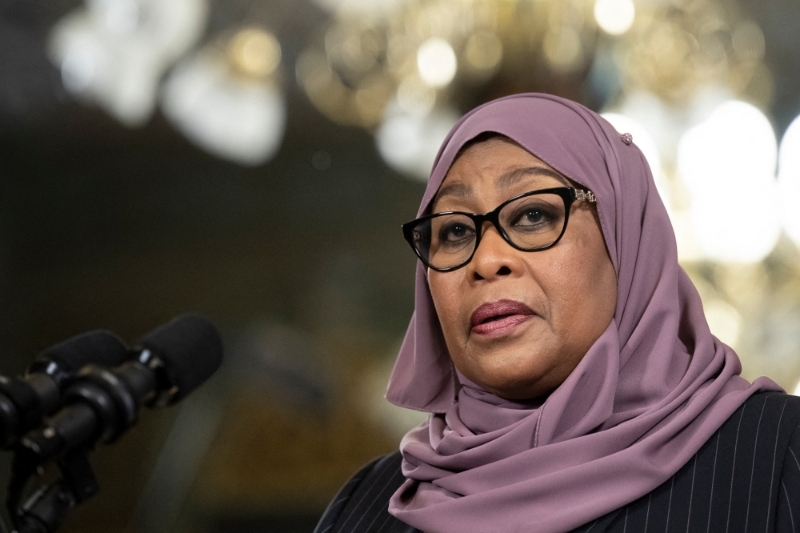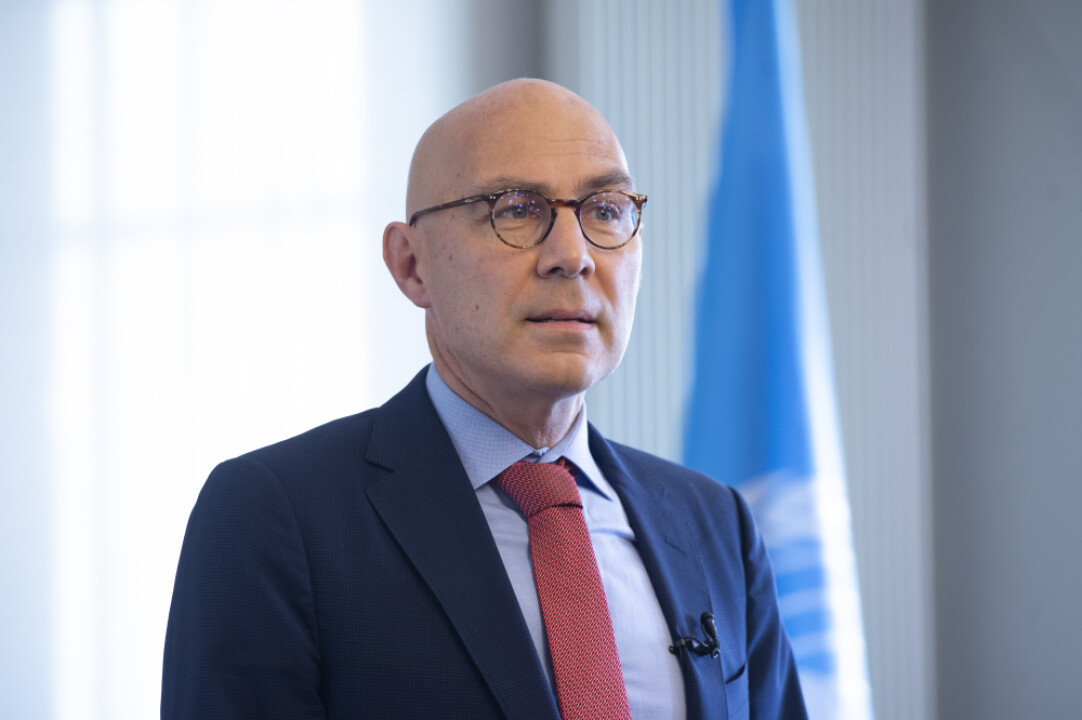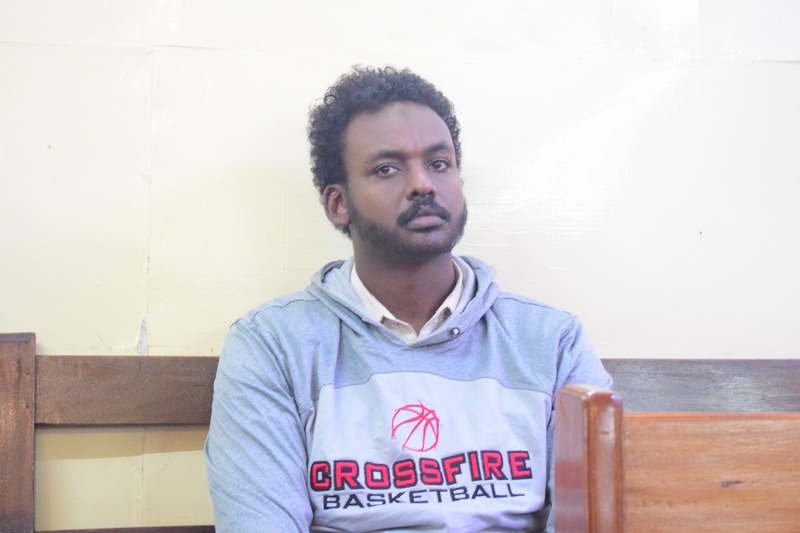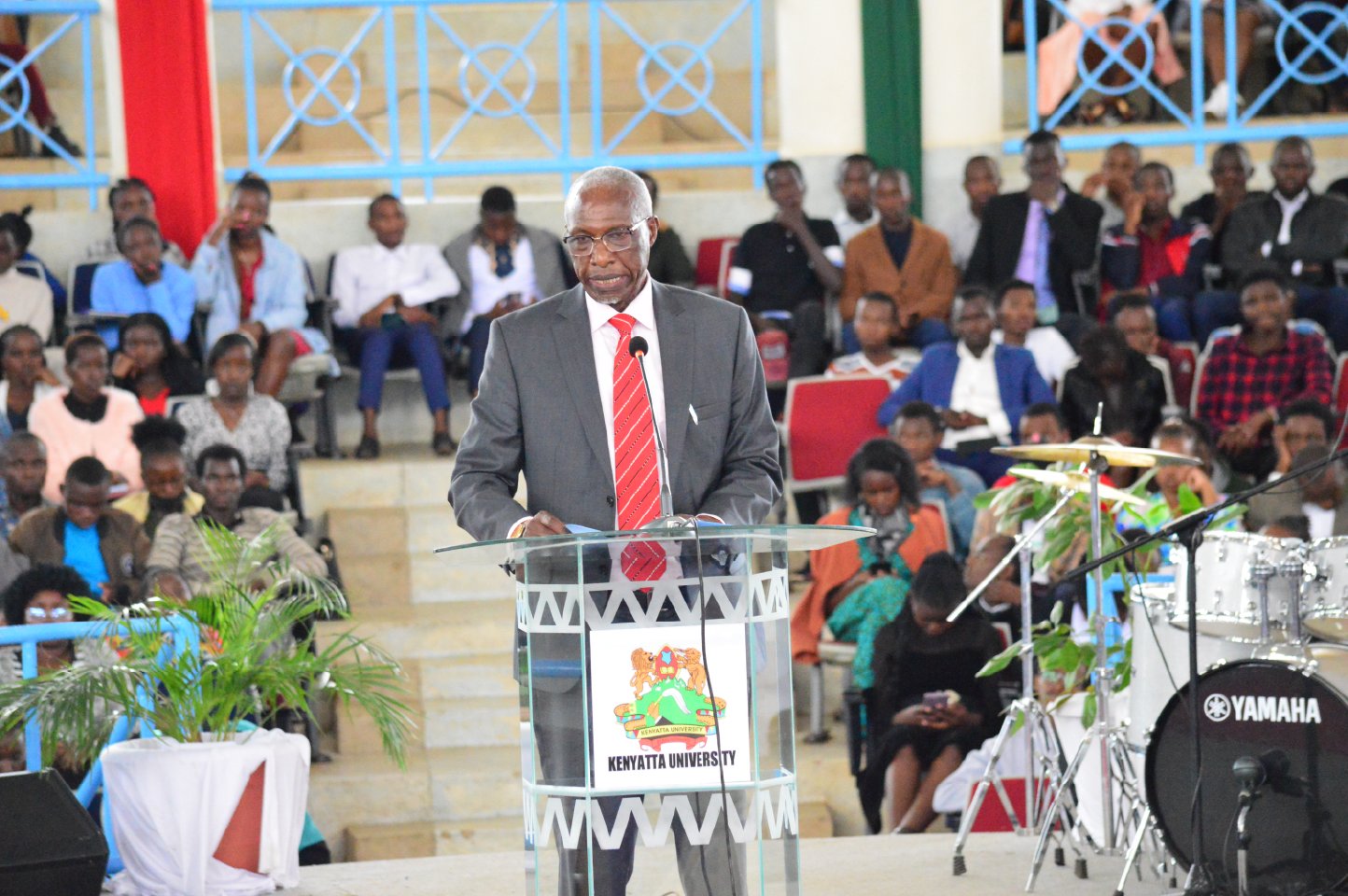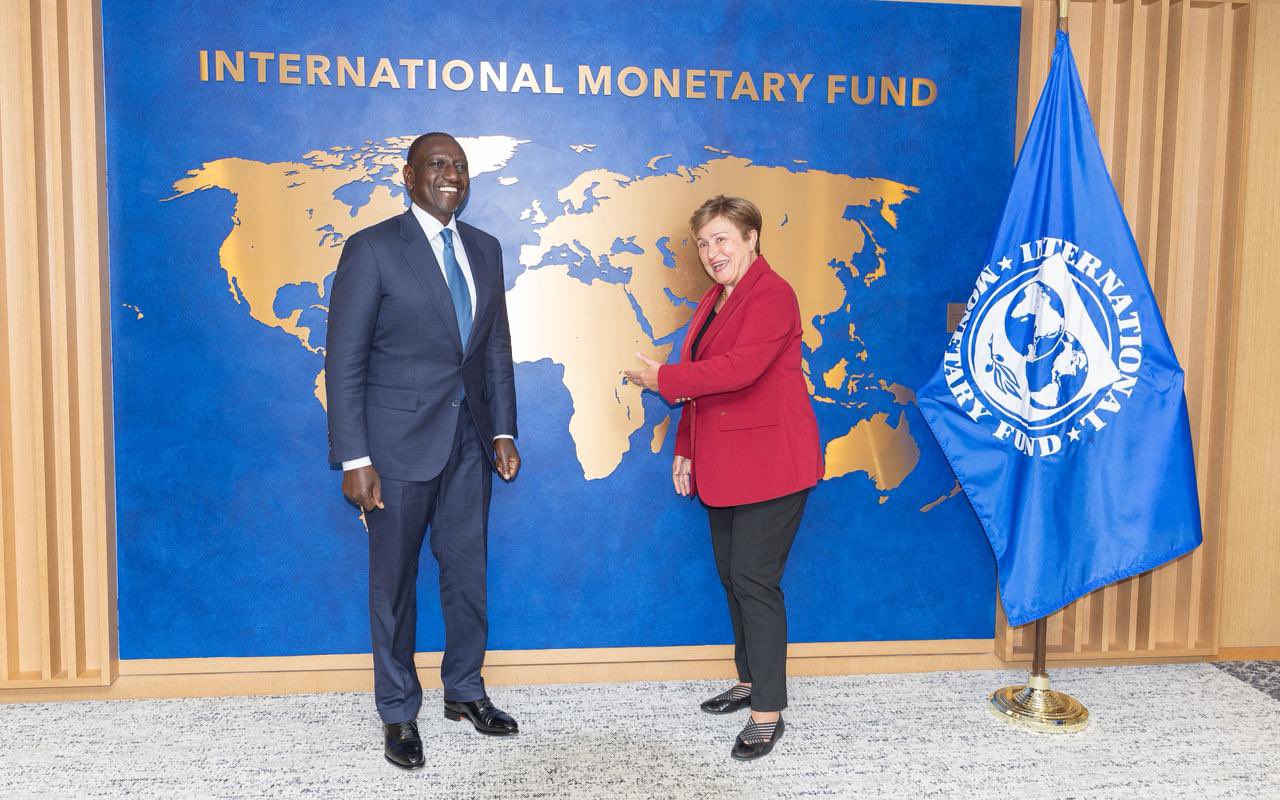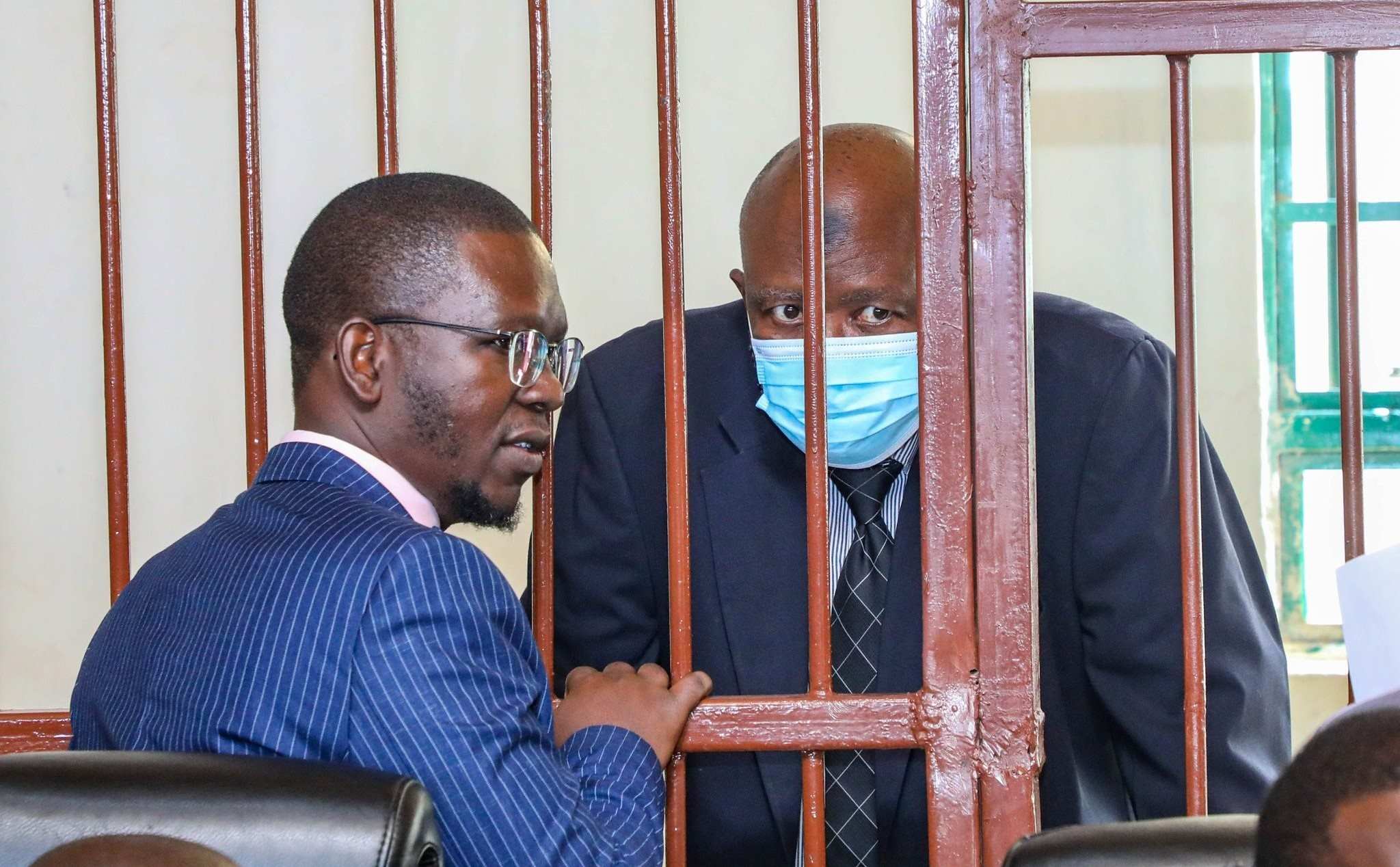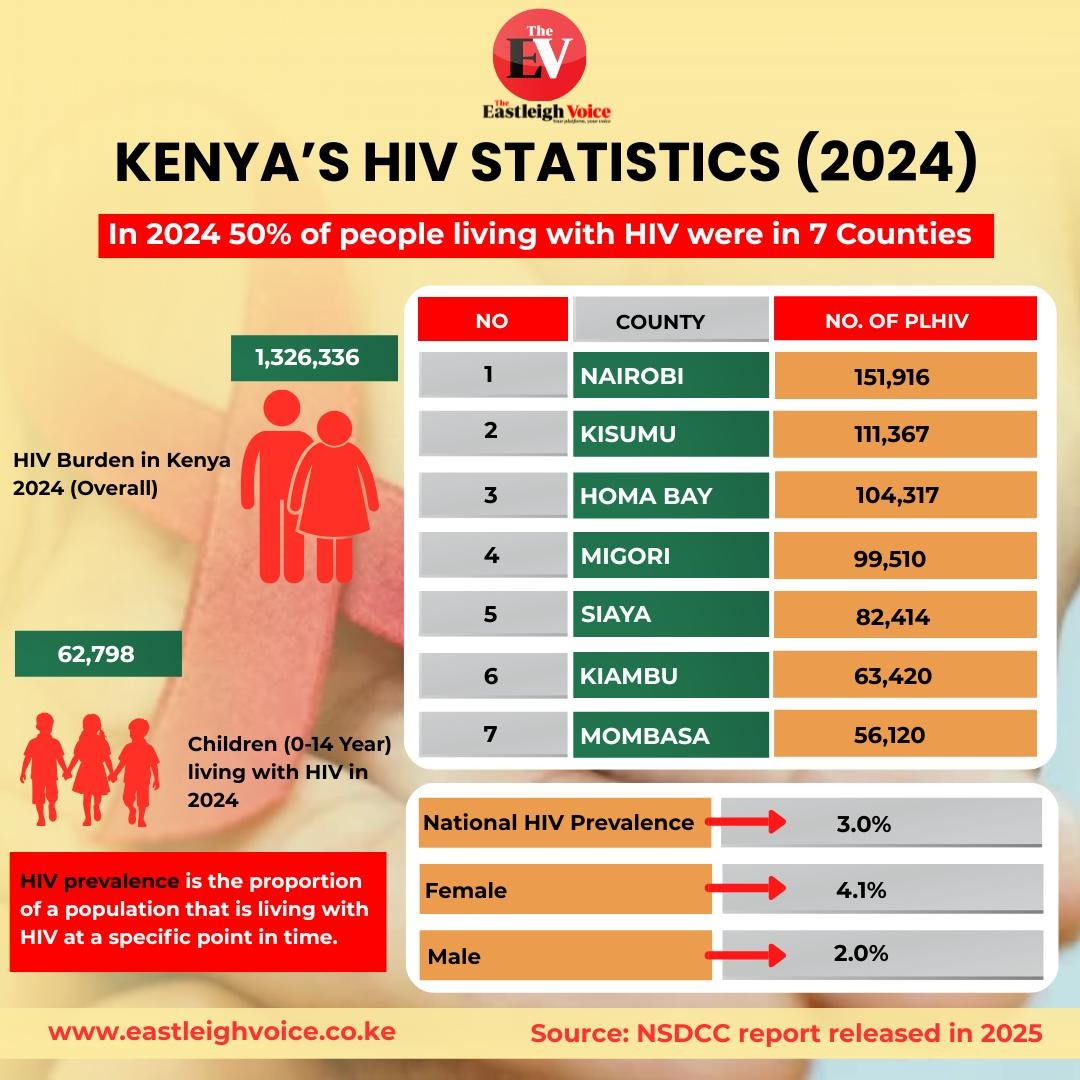Experts warn men are overlooking breast cancer risk

Dr Abeid Athman, head of oncology at KUTRRH, noted that men often seek medical attention only when symptoms have advanced, complicating treatment outcomes.
Male breast cancer, though often overlooked, is emerging as a growing health concern, with many men delaying testing due to fear and stigma.
Medical professionals convened at Kenyatta University Teaching, Referral and Research Hospital (KUTRRH) for a three-day symposium on precision breast cancer treatment, coinciding with global awareness campaigns for the disease.
More To Read
- Study shows women under 50 face higher risk of colon growths from ultra-processed foods
- Study reveals why colorectal cancer resists immunotherapy
- Over 100 facilities accredited by SHA to provide cancer care after protests
- Hormonal contraceptives linked to higher breast cancer risk, study finds
- Kenya wins bid to host 2027 World Cancer Leaders’ Summit
- Lancet study confirms mesothelioma risk from asbestos exposure
Dr Abeid Athman, head of oncology at KUTRRH, noted that men often seek medical attention only when symptoms have advanced, complicating treatment outcomes.
"Sadly, what we see in the clinics is that most men are coming very late for testing treatment because they are shy and are afraid of the stigma. They don't seek help early, making the disease management very challenging," he said.
He urged men to conduct regular self-examinations and emphasised that early detection makes breast cancer manageable and potentially curable.
"Our message to men out there is to examine your breasts because anyone with breast glands can get breast cancer, and it is still manageable and curable."
Abeid added that while male breast cancer accounts for roughly 1 per cent of cases nationally, KUTRRH records a higher rate of 5 per cent, largely due to referrals from other facilities.
For women, he highlighted that 45 per cent of African females under 45 are diagnosed with breast cancer, compared with 5 to 10 per cent in Western countries.
Specialists at the conference stressed that both men and women have better chances of survival when the disease is detected early.
Prof Daniel Ojuka, breast surgeon and associate professor at the University of Nairobi, linked rising cases to lifestyle habits such as alcohol intake and smoking.
"Alcohol consumption is a risk factor as well as smoking. For every unit of alcohol consumed, the chances of getting breast cancer is between 1 and 7 per cent, whereas smoking interferes with the endocrine system in the body or the estrogens, which increases chances of getting the disease," he explained.
While genetics play a role in most new cancer cases, Prof Ojuka noted that lifestyle improvements like healthy eating, physical activity, and early testing can reduce risk.
Dr Zainab Gura, KUTRRH chief executive officer, emphasised that the conference provides a platform for sharing innovations in breast cancer treatment and management. She observed that late diagnosis remains a major reason patients succumb to the disease and called for greater public awareness.
She added that KUTRRH would offer free screening, mammography, and biopsy tests for women as part of the awareness month, noting that early treatment is usually affordable and more effective.
"The cost of treatment of breast cancer is usually low when detected early. We are appealing to Kenyans to go for screening even when they are not sick," Dr Zainab said, encouraging healthy lifestyles to further prevent disease.
Top Stories Today



